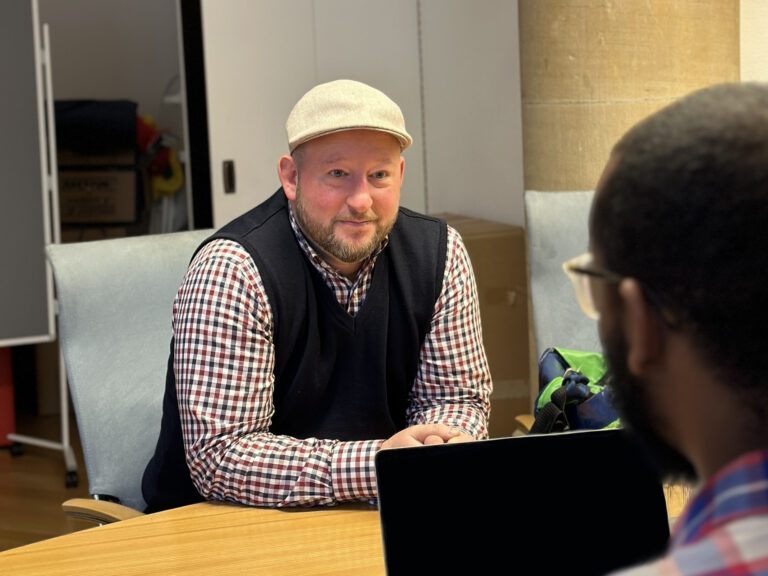On January 27, 2020, Webasto reported the first case of the Corona virus to occur in Germany. The company, based in Stockdorf near Munich, found itself in the eye of the storm overnight. Through its communication strategy and prompt actions, Webasto managed to overcome the crisis. But on the edge of an unstable and unpredictable energy situation in Europe, crises are becoming the norm. About „do’s“ and „don’ts“ in crisis communications, I spoke with Susanne Killian, Head of Global Internal and External Communications at Webasto.
Sofia Darie: Ms Killian, tell us a little bit about Webasto. With what should we associate the Company’s name?
Susanne Killian: Webasto is one of the 100 largest suppliers to the automotive sector worldwide. The company produces a broad portfolio of roofs, heating, and cooling systems for various types of vehicles, batteries and charging solutions for hybrid and electric vehicles. The company employs more than 15,000 people at over 50 locations worldwide.
SD: How must the situation at Webasto be imagined at the end of January 2020?
SK: From one second to the next, Webasto became the centre of attention. At that time, we had no idea how dangerous the virus could be and probably never expected the issue to concern us for so long. Protecting our employees and the company was our top priority from the very beginning. We acted quickly and decided to close the Stockdorf site. Of course, we were also concerned about the reputation of Webasto.
SD: Despite so much unknown, what do you think helped you manage this crisis?
SK: Transparency and promptness were two essential factors. We set up a task force in which we brought all the important functions together at one table and decided on further steps. In addition, we were in constant communication with the relevant authorities and hospitals to ensure coordinated and fact-based communication. This enabled us to communicate consistently and openly first with our employees and then with the public. By keeping everyone informed of all developments, we earned trust and sympathy.Â
SD: Crises have become part of our everyday life. At least in the media, the term has been used frequently lately. How does a crisis make itself noticeable in the company?
SK: A crisis does not always occur suddenly but is partly predictable. Various topics, for example a cyber security attack, product quality issue or compliance violation can develop into a crisis. But also, sometimes a crisis develops slowly as for example the semiconductor-crisis. It is important to develop an appropriate sensitivity for topics with a high crisis potential and to define a course of action in advance. In a situation like this you must act quickly, come to important decisions that may or may not have a high impact on the course of the company and meet the expectations of the public and the media. This is usually associated with enormous pressure for the company, employees, and communications.Â
SD: What are the most important aspects that need to be defined first in a crisis?
SK: The first step is to observe the environment and to identify events with crisis potential at an early stage and to analyse them systematically. Same as many companies we scan the media and are in frequent contact with our product quality experts, the cyber security team or other persons of trust in vulnerable or critical areas. We have a defined escalation process. If we notice that there is an attack on our IT systems, we must act quickly and cannot wait. Here, the team of experts first becomes active and only keeps the communication in the loop. Then, depending on the severity and what has happened, we weigh up whether the incident must be communicated or not. If the attack could not be averted and systems or, in the worst case, even data are affected, the affected groups like concerned customers, employees or even media must be informed as quickly as possible.Â
SD: In your opinion, what are „no go’s“ in a crisis from a communications perspective?
SK: “No comment” in the case of rumours and speculation is counterproductive. True rumours must not be denied, false rumours should be denied, because the statement “no comment” could in some cases be interpreted as an indirect confirmation. Complicated sentences and vague expressions are another “no go”. Clear, simple language is very important, particularly in crisis communication.



